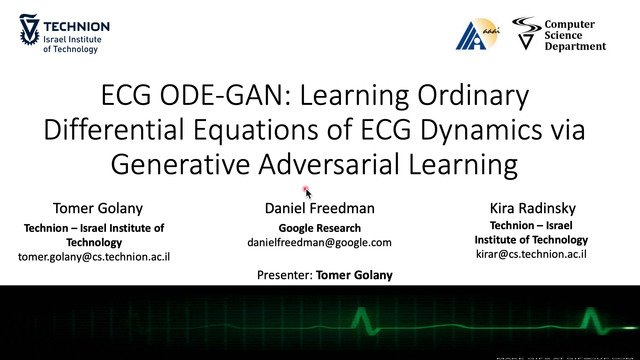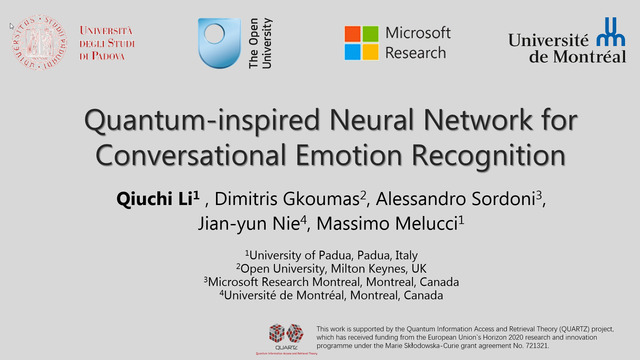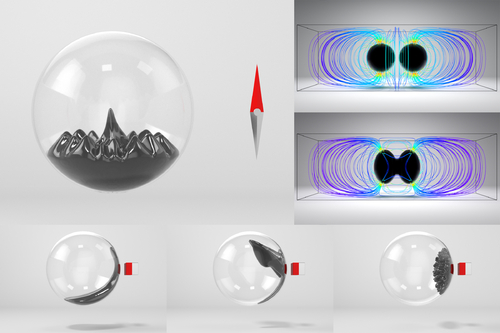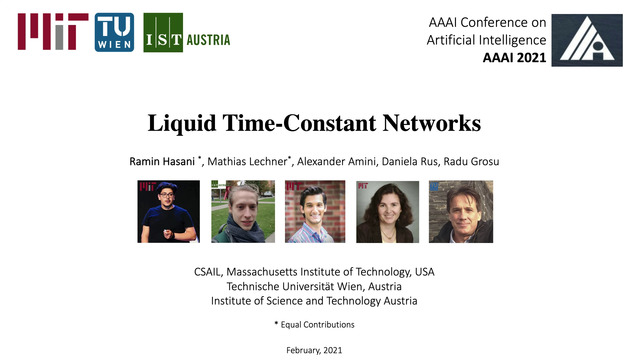Abstract:
Understanding the dynamics of complex biological and physiological systems has been explored for many years in the form of physically-based mathematical simulators. The behavior of a physical system is often described via ordinary differential equations (ODE), referred to as the dynamics. In the standard case, the dynamics are derived from purely physical considerations. By contrast, in this work we study how the dynamics can be learned by a generative adversarial network which combines both physical and data considerations. As a use case, we focus on the dynamics of the heart signal electrocardiogram (ECG). We begin by introducing a new GAN framework, dubbed ODE-GAN, in which the generator learns the dynamics of a physical system in the form of an ordinary differential equation. Specifically, the generator network receives as input a value at a specific time step, and produces the derivative of the system at that time step. Thus, the ODE-GAN learns purely data-driven dynamics. We then show how to incorporate physical considerations into ODE-GAN. We achieve this through the introduction of an additional input to the ODE-GAN generator: physical parameters, which partially characterize the signal of interest. As we focus on ECG signals, we refer to this new framework as ECG-ODE-GAN. We perform an empirical evaluation and show that generating ECG heartbeats from our learned dynamics improves ECG heartbeat classification.










































